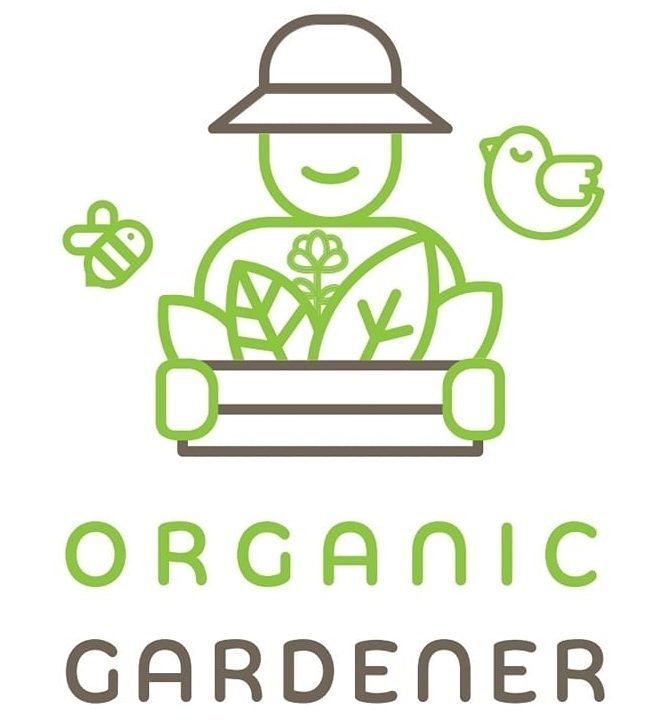Many people don’t know that it’s possible to have a blooming organic garden all year long!
By following the simple steps in this blog post, you can keep your garden looking beautiful and healthy all season long. You can plant many different types of seeds, perennials, or bulbs that will bloom year after year, or that will start blooming again if you divide them into sections and plant them at different times.
In addition to saving money and saving time, growing plants that have flowers throughout the year will allow you to enjoy these plants all year round, and by choosing plants that bloom at different times throughout the year, you can keep colour in your landscape, even throughout the cold winter months.
Choosing Plants That Are Right for Your Climate and Soil
Choosing the right plants for your climate and soil type is important for success when growing plants that will bloom all season.
The best plants to bloom in winter are those that require less intense sunlight than in the summer. Also, plants that are native to your area usually require less maintenance than those from other parts of the world.
Choose plants that are adapted to your region in terms of the snow load, drought conditions, and irrigation needs. Some examples of seeds, perennials, or bulbs that bloom throughout the year are: Agastache, Monarda, Echinacea, Aster, Persicaria Amplexicaulis Taurus, to name a few.
Once you have chosen your plants, you need to prepare your planting area by using organic materials to balance the soil chemistry and maintain the moisture. You should also consider the different soil types.
Soil types may vary, and different regions may have different soil preferences. For example, in a warmer and drier climate, you may want to consider using plants that grow best in clay soil.
It is important to test the soil in your landscape before planting. You can test the soil with a soil probe to assess whether you have clay, loamy, sandy, or rocky soil and what type of nutrients and acidity the soil needs.
Amend Your Soil With Organic Matter to Improve Fertility and Drainage
Soil containing clay is difficult for plants to grow in because it retains too much water.
Organic matter improves soil drainage and fertility by allowing the soil’s structure to loosen up. By adding organic matter to the clay soil, you increase the soil’s ability to store water and the water’s efficiency in penetrating the soil.
If you have clay soil, adding compost is a great first step to improving its structure and fertility. In addition to adding organic matter, be sure to add a layer of mulch on top of the soil.
This layer allows water to drain from the soil, helping it dry quickly during rainfall. This is vital for preventing runoff and improving soil drainage.
Regularly Water Your Garden, But not too Much
You should water your garden regularly, but be careful not to over-water it.
If you overwater your garden, you can damage the roots and kill the plants. Overwatering also encourages the growth of many bacteria, which can quickly ruin the garden.
Once this happens, you will need to remove the remaining infected plants and replace the soil with healthy new soil. Also, keep in mind that if you water too frequently, you will encourage the root system to develop shallow roots.
Plants will grow at a slower pace as a result. Generally, you should water your garden every other day, depending on the conditions.
Mulch Around Plants to Keep the Soil Moist and Suppress Weeds
The act of mulching involves covering the soil with a layer of mulch, and this layer will help keep the weeds suppressed and also help prevent the soil from drying out.
Mulching is important because if you water your garden every day, the soil will dry out quickly. This is bad because water needs some time to soak into the soil.
Prune Plants as Needed to Keep Them Healthy and Looking Good
Keeping garden plants healthy takes more than just making sure they receive adequate sunlight and water; pruning your plants is another important step in keeping your plants in good condition.
Pruning helps the plants develop straighter and taller growth and also encourages new growth. It will get rid of dead, dying, or damaged parts of the plants, allowing the remaining parts of the plant to grow and flourish, keeping them healthy and looking their best for your garden.
Harvest Fruits and Vegetables When Ripe for Best Taste
You should harvest your fruits and vegetables at the peak of their maturity in order to provide them with the most nutritional value.
Fruits that are harvested before they become ripe and vegetables harvested at the right time are juicy and sweet and don’t really need cooking to make them taste delicious. This makes them a great choice for raw or lightly cooked dishes.
Harvesting fruits and vegetables when they are ripe is one of the best ways to ensure that they are the most nutritious and tasty fruits and vegetables possible. When they are ripe, they will also help prolong the life of the plant.
Eating them when they are ripe will help your body get all of the vitamins and nutrients that it needs, helping you stay healthy.
Use Natural Pest Control Methods to Keep Garden Pests Under Control
Pests in the garden are bad news for our plants, so it is important to keep them under control naturally. Mulching your plants will keep moisture in and weeds out, meaning they won’t be as appealing for pests to eat.
Pests are also a danger to healthy plants, and they can sometimes take over a garden. The best way to keep them from affecting your garden is to pick them off by hand when they appear.
Birds are also good predators for pests in the garden, since they love eating insects that can harm plants, and they will help keep your garden pest free. Natural pest control methods should be used whenever possible.
This will help to prevent the use of dangerous chemicals in the garden.
Keep Your Tools Sharp and Clean to Make Gardening Easy
Garden tools can be very useful for gardening, but dull blades are dangerous.
Keeping the garden clean and the tools sharp is important if you want to maintain a healthy garden. This can also be vital to avoid spreading any diseases, so ensure you wash your tools after using them in the garden to keep them clean.
In the presence of dull blades, your plants can easily be mangled, which can prove fatal. Taking the time to thoroughly clean your garden and your equipment will make it easier to wash and maintain your garden.
So always remember to thoroughly clean your garden and its equipment, and your garden will stay healthy.
Enjoy Your Lovely Organic Garden!
Maintaining your garden may seem like a lot of work, but it’s important to take good care of your garden so that it will always be beautiful and healthy.
Your garden is your own personal space where you can do whatever you want with your plants, flowers, and fruits. It’s entirely up to you how you want to design it or maintain it, but it’s best to get gardening advice so you know what to do.
Aside from being therapeutic and relaxing, gardening is also good for your health as it encourages physical activity and lets you connect with nature.
Summary
Cultivating your own organic garden can be very rewarding.
By following a few easy organic gardening tips, you can make your garden thrive while staying free of pests and diseases. These little tricks include using compost and mulch, growing your own plants, and keeping your garden free of weeds.
Growing your garden into an organic paradise is achievable with these gardening tips. If you have any questions or concerns, or want to seek any further advice, then please feel free to contact us and send us your gardening questions through the contact page.


